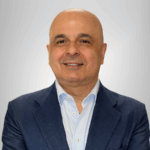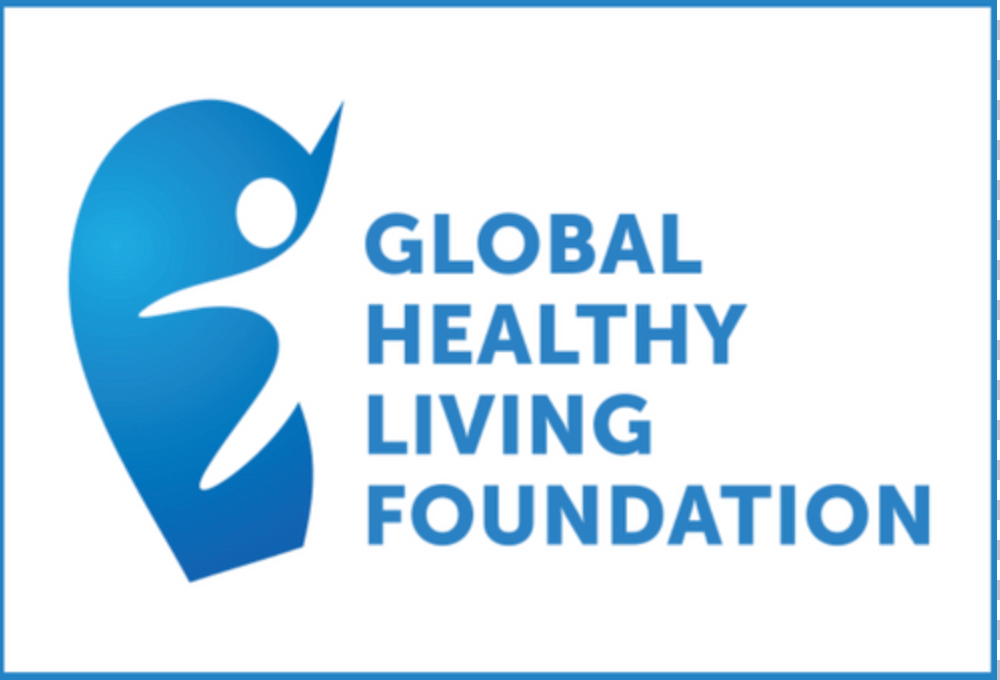How Migraine & Chronic Fatigue Syndrome (ME/CFS) Are Connected
You are currently watching a preview of this interview. Unlock the full version by upgrading to an Access Pass bundle! Get FREE access to 8 expert interviews from Day 1 and Day 2 when you register today!
Key Questions
- What is myalgic encephalomyelitis or chronic fatigue syndrome (ME/CFS)?
- Does ME/CFS involve more than just experiencing extreme fatigue?
- How is ME/CFS diagnosed?
- What is post-exertional malaise (PEM)?
- What is the correlation between postural orthostatic tachycardia syndrome (POTS) and ME/CFS?
- Could ME/CFS be underdiagnosed?
- What causes ME/CFS?
- Is there a genetic basis for ME/CFS?
- Do hormones contribute to ME/CFS?
- What is hyperalgesia?
- What is the correlation between ME/CFS and migraine?
- What are the treatment options for ME/CFS?
- How can patients manage pain effectively and avoid medication overuse headache (MOH)?
- Are there lifestyle changes or preventive measures that can help with ME/CFS and migraine?
- How can patients advocate for themselves and educate their doctors about their conditions?
- How can patients participate in research studies for ME/CFS and migraine?
Interview Notes
- James N. Baraniuk, MD
- International Headache Society criteria for migraine
- International Association for Chronic Fatigue Syndrome/Myalgic Encephalomyelitis (IACFS/ME)
- Article: “Blood Test May Detect Myalgic Encephalomyelitis/Chronic Fatigue Syndrome”
- Study: “Beyond bones: The relevance of variants of connective tissue (hypermobility) to fibromyalgia, ME/CFS and controversies surrounding diagnostic classification: an observational study”
- 2014 IACFS/ME Clinician Primer
- PubMed
- clinicaltrials.gov
Treatments Mentioned
- Activity pacing
- Anti-inflammatory diet
- Antioxidants
- Biofeedback
- Brain retraining
- Carnitine
- CGRP monoclonal antibodies (mAbs)
- Cognitive behavioral therapy (CBT)
- Coenzyme Q10 (CoQ10)
- Cyclobenzaprine (Flexeril)
- Ergot alkaloids
- Hydration
- N-acetyl cysteine
- Occupational therapy
- Pregabalin
- Psychotherapy
- Rest
- SSRIs
- Topiramate (Topamax)
- Tricyclic antidepressants
Please note: The Migraine World Summit’s aim is to bring you a variety of perspectives and expertise, independent of bias or judgment. Alternative theories presented in this video have not been medically reviewed. Views expressed in this interview do not necessarily represent the views of the Migraine World Summit. Please always consult your health care professional and do your own research before making changes to your treatment plan.

James Baraniuk, MD
Professor
Georgetown University
James Nicholas Baraniuk, MD, is an associate professor with tenure in the Department of Medicine at Georgetown University. He is also the director of the Chronic Pain and Fatigue Research Center, located within the Georgetown University Medical Center in Washington, D.C. The Chronic Pain and Fatigue Research Center does research on chronic fatigue syndrome, Gulf War Illness, and other pain conditions. The research focuses on the areas of functional magnetic resonance imaging (fMRI); biomarker discovery through proteomic, metabolomic, and transcriptomic assays in blood and cerebrospinal fluid; autonomic testing and heart rate variability; and statistical analyses using machine learning, hierarchical clustering, and other data-mining methods.
Interviews from James Baraniuk, MD

Unlock the full 2026 Summit experience:
- Complete, unedited expert interviews
- Additional clinical detail beyond the 30-minute live sessions
- Revisit any 2026 session anytime
- Transcripts and audio downloads included
Related Talks for: Day 6 (2024)
Beyond 50: Insights Into Migraine That Ages With Us
Messoud Ashina, MD, PhD, DMSc
Tension Headache or Migraine? Differences and Misdiagnoses
Rebecca C. Burch, MD, FAHS
How To Manage Migraine Stigma at Work
Olivia Begasse de Dhaem, MD, FAHS
The Global Healthy Living Foundation is a 501(c)(3) nonprofit organization whose mission is to improve the quality of life for people with chronic illnesses (such as arthritis, osteoporosis, migraine, psoriasis, asthma, alopecia, inflammatory bowel disease, and cardiovascular disease) by advocating for improved access to health care at the community, state, and federal levels, and amplifying education and awareness efforts within its social media framework.
Migraine doesn't have to derail your career. Nearly every workplace in the country is impacted by migraine disease through absenteeism and presenteeism. Despite the prevalence of the disease, there is a lack of education and awareness around it. In the workplace, this often leads to unintended stigma and bias against employees living with migraine disease. Visit our website to learn more about programs available for both employees and employers.

Looking for a topic you can't find in this year's talks? Chances are, it's in our Interview Library with over 200 interviews. Search on keywords and synonyms for the best results. You can still get lifetime access to past talks.







